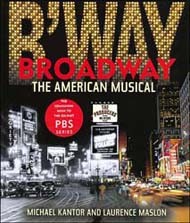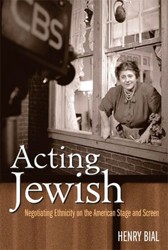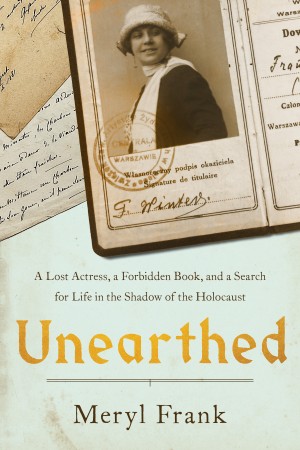Theatrical liberalism, as Andrea Most defines it, is “a revolutionary embrace of theatricality as a viable social mode, the prioritizing of external action over internal intention, the celebration of self-fashioning as a uniquely American form of freedom, and the construction of a theatrical community based on obligation rather than rights.” This constellation of values permeates popular American entertainment, created mostly by Jews, and derives in some measure, she contends, from their religious heritage.
That heritage is the subject of the beginning chapter – exploring the narrative of the Biblical Jacob pretending to be his brother, Esau, in order to gain the blessing and the birthright from his father, Isaac. This paradigm of “theatrical self-making” predominates, Most demonstrates in subsequent chapters, in The Jazz Singer, Show Boat, Pal Joey, Death of a Salesman, A Funny Thing Happened on the Way to the Forum, My Fair Lady, West Side Story, Funny Girl, Fiddler on the Roof, Hair, Young Frankenstein, Zelig, Armies of the Night, The Counterlife, and Angels in America.
Theatrical realism manifests itself in this work, Most exemplifies, by embodying “Judaic values about freedom, performance, action, and communal obligation in productive tension with Protestant liberal ideals.…while effectively distancing itself from the specifically Jewish rituals and practices that would impede acculturation.”
She concludes that “theatrical liberalism offers not a single definition of a Jewish liberal self but rather the debate itself as the fundamental fact of Jewish liberalism” – insisting however, in keeping with Jewish tradition, “on actions which change the world but never shut down the debate.”
Most’s exhaustive explication of her ambitious thesis, with extensive analyses and scholarly references, is impressive but not convincing. One is hard pressed to accept that these Jewish writers and composers (along with two Gentile ones), creating for the most part non-Jewish themed work, were largely influenced by Judaic sources.





